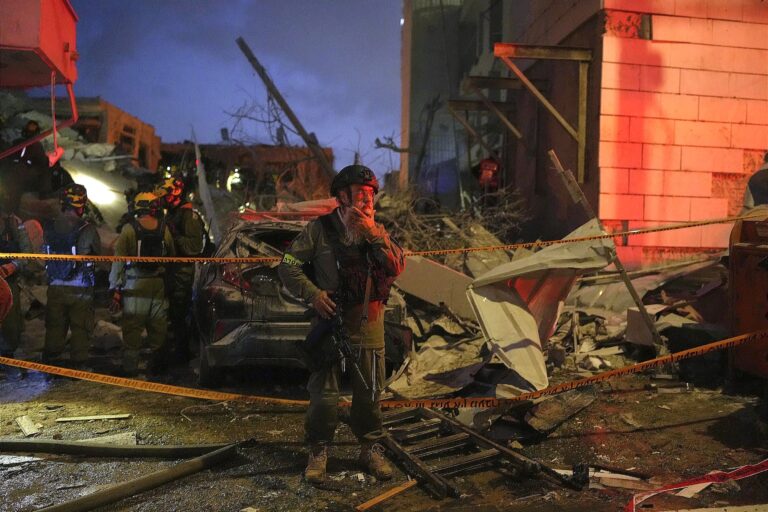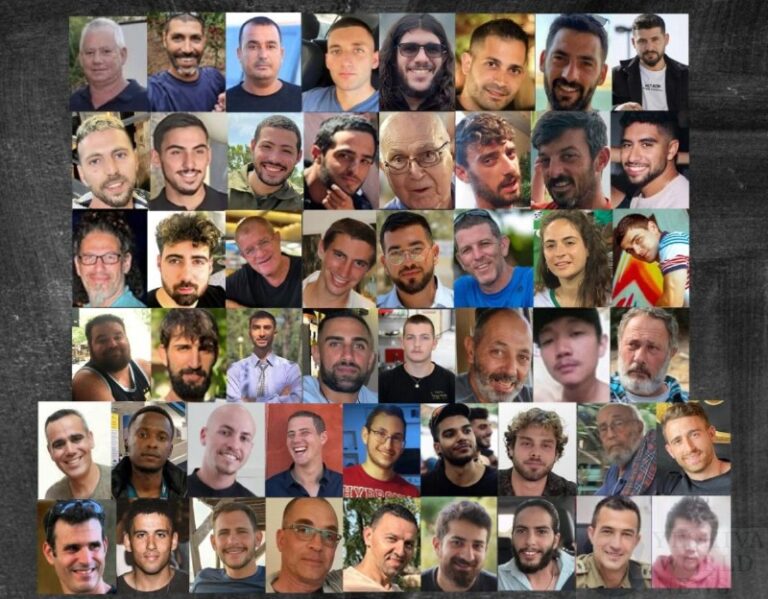 Nearly 300 passengers perish when their plane is shot out of the sky. Airlines suspend flights to Israel’s largest airport after rocket attacks. An airliner crashes during a storm, and yet another disappears. Aviation has suffered one of its worst weeks in memory, a cluster of disasters spanning three continents.
Nearly 300 passengers perish when their plane is shot out of the sky. Airlines suspend flights to Israel’s largest airport after rocket attacks. An airliner crashes during a storm, and yet another disappears. Aviation has suffered one of its worst weeks in memory, a cluster of disasters spanning three continents.
Industry analysts and safety experts shake their heads at the seeming randomness of the tragedies, saying they can find no common themes. Nor do they think the events indicate that flying is suddenly becoming less safe.
The global airline accident rate last year was 0.41 per every million flights, according the International Air Transport Association, which includes accidents involving cargo and charter airlines as well as scheduled passenger airline flights.
“One of things that makes me feel better when we look at these events is that if they all were the same type event or same root cause then you would say there’s a systemic problem here, but each event is unique in its own way,” said Jon Beatty, president and CEO of the Flight Safety Foundation, an airline industry-supported nonprofit in Alexandria, Virginia, that promotes global aviation safety.
But Beatty said he also finds the disaster cluster “a cold reminder” that airline accidents are likely to increase because the industry is growing, especially in developing countries. The more flights there are, the more potential for accidents, he noted.
The misfortunes began July 18 when Malaysia flight 17 was shot down over eastern Ukraine with 298 people on board. It’s still uncertain who fired the missile that destroyed the plane, but Ukrainian officials have blamed ethnic Russian rebels and U.S. officials have pointed to circumstantial evidence that suggests that may be the case.
The shootdown doubled Malaysia Airlines’ misfortunes this year. The mysterious disappearance of Malaysia Flight 370 with 239 people on board in March combined with the destruction of Flight 17 added up to more than twice the total global airline fatalities in all of last year, which was the industry’s safest year on record. Ascend, a global aviation industry consulting firm headquartered in London, counted 163 fatalities in 2013 involving airliners with 14 seats or more.
On Wednesday, a mere seven days after the shootdown over Ukraine, a TransAsia Airways plane crashed in Taiwan in stormy weather trailing a typhoon, killing 48 passengers, injuring 10 others and crew, and injuring five more people on the ground. The next day an Air Algerie flight with 116 passengers and crew disappeared in a rainstorm over Mali while en route from Burkina Faso to Algeria’s capital. The plane was operated for the airline by Swiftair, a Spanish carrier.
Together, the disasters have the potential to push airline fatalities this year to over 700 — the most since 2010. And 2014 is still barely half over.
Aviation industry analyst Robert W. Mann Jr. said he doesn’t expect the recent events to deter travelers from flying.
“They’re all tragic, but the global air travel consumer has a very short memory and it’s highly localized to their home markets where they fly,” he said. “The places where these things are happening, 99 percent of passengers never go to or fly to. … This isn’t a headline issue for most people, and that’s why people continue to fly despite the headlines.”
Airline passengers interviewed by The Associated Press said they weren’t overly concerned about their safety.
“It could be happening every day or never again,” said Bram Holshoff, a Netherlands traveler at Berlin’s Tegel Airport. “It’s a bit much that it happened three times this week, but for me nothing will change.”
Lam Nguyen, 52, of Tahiti, who was headed to Los Angeles from Paris’ Charles de Gaulle airport, said he considers flying “a very safe mode of transportation.”
“And if it has to happen, it will happen. … It doesn’t prevent me from taking planes,” he said.
The shootdown of flight 17 has raised questions about whether airlines — and the aviation authorities in their home countries — are adjusting flight routes quickly enough when unrest in troubled parts of the world threatens the safety of planes. But aviation safety consultant John Cox, a former airline pilot and accident investigator, said he sees no connection between that event and the other disasters.
“I don’t know how you could respond to anything when there is not a commonality of events,” he said. “We don’t have a full understanding of the Taiwan accident and certainly not on the” Air Algerie plane.
Cox attributed the Federal Aviation Administration’s decision Tuesday to prohibit flights to Ben Gurion International Airport in Tel Aviv to “hypersensitivity” to the possibility of another shootdown. The FAA issued the order after a Hamas rocket exploded about a mile from the airport. The prohibition was lifted 36 hours later.
(AP)











4 Responses
It’s a bit much that it happened three times this week But historically, the preponderance of serious [aviation] accidents & tragedies have occurred during the 3 weeks, so what is new? I am old enough to remember TWA 800 at the very beginning of the 9 days, already 18 years ago.
Divine retribution, no doubt. They all supported the war crimes canard in the UN Human Rights council. Whenever the Yidden are unfairly mistreated in the international world, natural disasters occur.
so you thought only tel aviv airport was unsafe!! Hashem shows you that without him no airplane is safe!!
Divine retribution? Taiwan isn’t even a UN member and Malaysia and Spain aren’t Human Rights Council members.